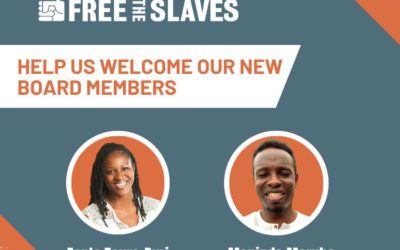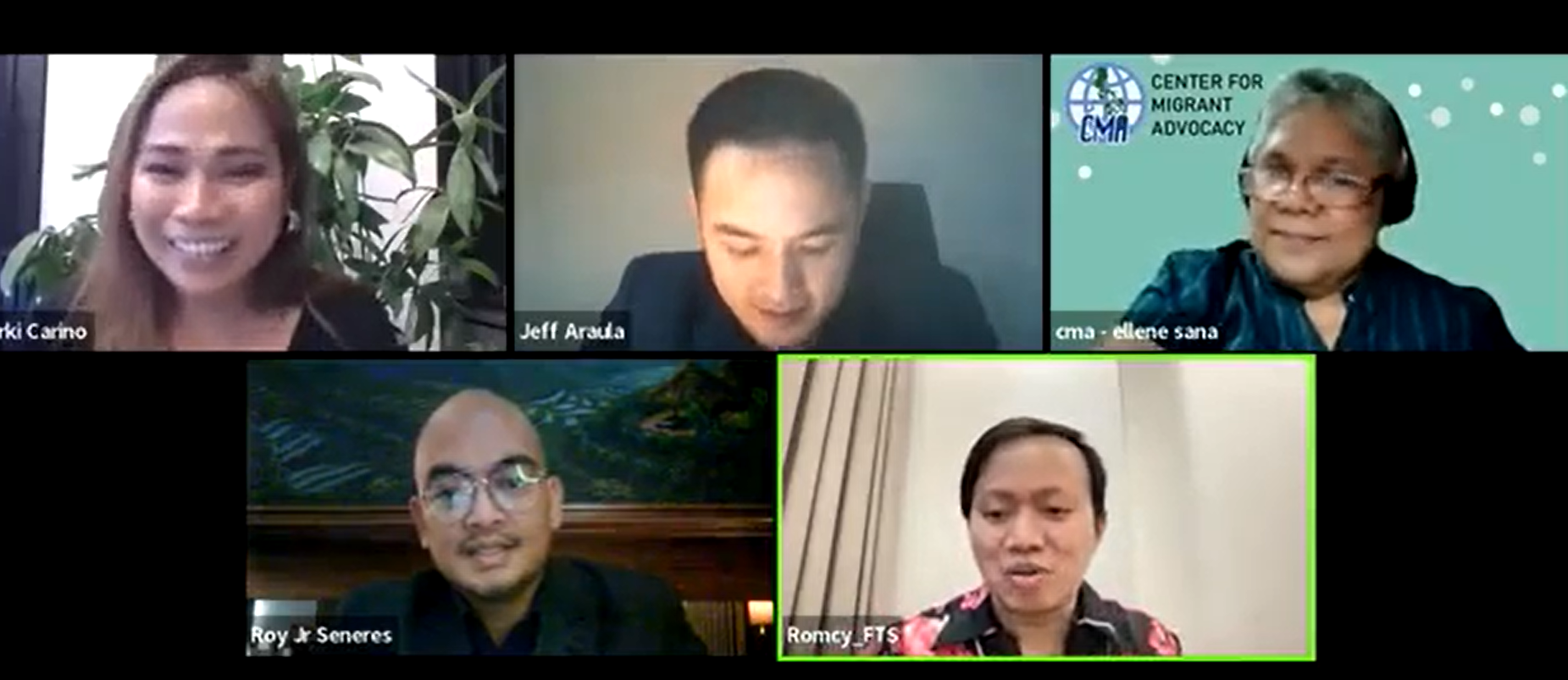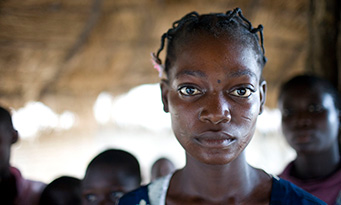The world’s attention shifts to Brazil today, where Jennifer Lopez and Pitbull will open the FIFA World Cup tournament with the song Ole Ola (We are One), and soccer teams will begin competition to determine who is the world’s best.
But far from the soccer stadiums, a different kind of team is setting a different kind of global standard.
They are elite units that swoop in to free slaves from farms, mines and factories — then publicly shame traffickers on a national “dirty list” and persuade major companies to cleanse their supply chains of slavery-tainted raw materials.
Brazil’s innovative anti-slavery program is one of the world’s best, with more than 45,000 people liberated so far. A new FTS video profiles the woman whose inventiveness and leadership made it happen: Ruth Vilela, recipient of a Free the Slaves Freedom Award.
Her first raid “looked like an Indiana Jones movie,” Ruth says. “It was an adventure, surrounded by improvisation.” In the video, she reflects on her remarkable career as Brazil’s Secretary of Labor Inspection at the Ministry of Employment and Labor. “The truth is, I feel a little bit like the mother of this work,” she says, “but it is with great joy that I see other people now taking up this job.” Ruth retired two years ago.
Our thanks to Ruth for her tireless and invaluable contributions to the anti-slavery movement, and our congratulations to her as the most recent recipient of a FTS Freedom Award.
Although they’ve freed tens of thousands of people from slavery, there is still plenty of work for Brazil’s anti-slavery squads. The 2013 Walk Free Global Slavery Index estimates that there are 210,000 people in various forms of slavery in Brazil today.
To learn more about Free the Slaves programs in Brazil, visit our Brazil webpage. Many of the raids executed by government agents are triggered by investigations conducted by our front line partner group, CPT. As well, our front line partner Reporter Brasil publicizes every raid, helping forge a national consensus to bring slavery to an end in Latin America’s largest economy.



